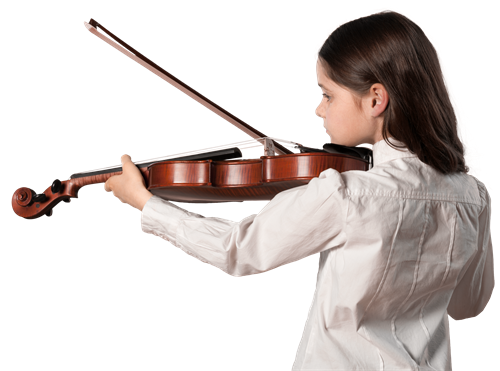
Music therapy is the clinical and evidence-based use of musical interventions to achieve individualized goals within a therapeutic relationship, conducted by a certified professional who has completed an accredited music therapy program. It is an internationally recognized health profession where music serves as the primary medium for achieving therapeutic objectives. The therapeutic application of music for cognitive, sensory, emotional, and motor difficulties has been shown to positively impact brain development and enhance all areas of human growth across all ages.
Music therapy is tailored to individual needs, making it suitable for people of all ages—ranging from very young children to the elderly. It can also benefit individuals with a variety of medical conditions and challenges. Research has demonstrated that music therapy can:

Music therapy sessions are child-led to support autonomy and a sense of control. The therapy focuses on what children can do, rather than the limitations they may experience. A typical session may include some of the following interventions:
Use of familiar songs
Improvisational music creation
Therapeutic singing
Sensory play
Relaxation with music
